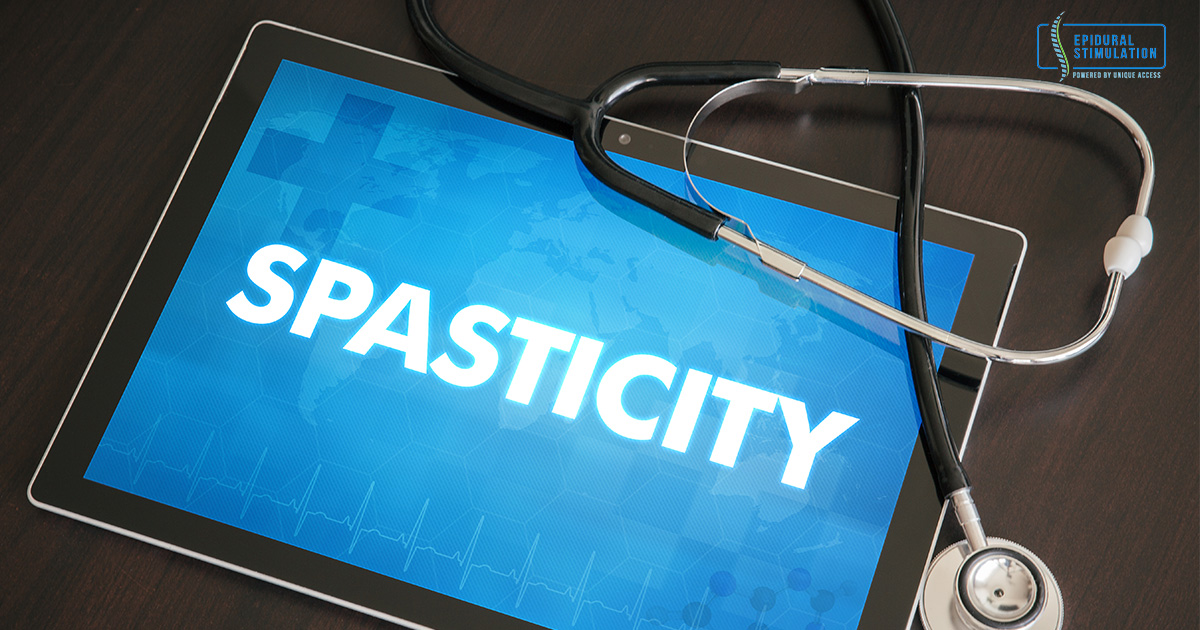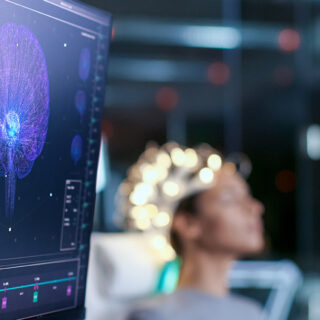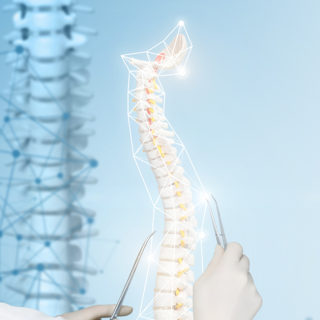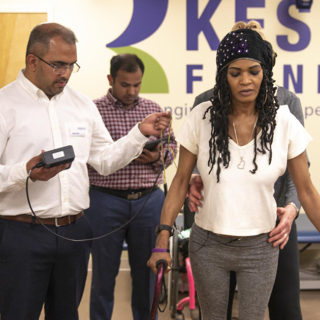Currently, various new treatments are being explored to address the symptoms resulting from spinal cord injury. A growing number of studies indicate excellent potential for nerve stimulation to manage spinal cord spasticity and lessen the frequency and intensity of muscle spasms due to SCI.
Spasticity and spasms are two common conditions experienced by individuals who have suffered SCI. Spasticity refers to a feeling of prolonged stiffness and heaviness of muscles. Spasms, on the other hand, refer to sudden involuntary contractions of muscles. Both are becoming more manageable with the aid of nerve stimulation procedures like Epidural Stimulation from Unique Access Medical (UAM).
Lessening the frequency of spasticity
A study published by the National Center for Biotechnology Information has provided promising results for managing spasticity. The researchers have strongly recommended transcutaneous electrical nerve stimulation (TENS) due to its effectiveness, the absence of adverse reactions to the treatment, as well as the ease of application.
One notable case involved a 55-year old quadriplegic man who experienced severe recurring spasticity after a spinal cord injury. The patient consented to be a test subject for a TENS study. His treatment involved the application of high-frequency TENS. The treatment was administered using a portable TENS/Epidural Stimulation combo.
Nerve stimulation was administered in conjunction with physical therapy and close concentration on proper posture and body positioning. Following one week of the combined treatment, there was a noticeable decrease in spasticity, and by the fourth week spinal cord injury spasticity had completely ceased and the patient’s quality of life had improved.
A separate study, published in 2015 by the American Physiological Society also suggests that the effects of nerve stimulation were indeed beneficial for those diagnosed with SCI. Proponents of the study believe that treatments like Epidural Stimulation have the potential to curb the long-term negative effects of SCI on nerve and muscle function, decrease spasticity, and allow for more productive physical rehabilitation.
When exposed to nerve stimulation, nerve activity in SCI-affected regions are found to exhibit behaviors akin to nerve activity in healthy subjects.
Lessening the intensity of spasms
Nerve stimulation clinical trials, particularly ones using Epidural Stimulation, have repeatedly shown a propensity to decrease the intensity of SCI-related spasms.
The effects of the treatments have been felt across a wide variety of spinal cord injuries. In instances wherein the patient’s spinal damage was deemed inoperable, transcutaneous forms of nerve stimulation provided patients with relief from muscle spasms.
And for injuries that were deemed operable, Epidural Stimulation has provided a host of benefits, including a reduction in the frequency and intensity of spasms.
Unique Access Medical’s treatment regimens for spinal cord injury are based on the breakthrough improvements demonstrated by Epidural Simulation. To date, UAM has successfully treated upwards of 50 patients from around the world, and word is spreading that Epidural Stimulation is a truly next-generation procedure.
Decreasing the frequency and intensity of both spasticity and spasms can bring about significant improvements in quality of life for SCI patients. Sleeping improves, muscle stiffness eases, involuntary leg movements occur less often, and overall discomfort diminishes.
And UAM is the global leader in making Epidural Stimulation available to patients, in conjunction with specialized physical and occupational therapy regimens administered by highly-trained medical professionals in our internationally-accredited medical facilities in Thailand and India.
Should you wish to make inquiries regarding Unique Access Medical’s treatments, or book a consultation, please reach us via our contact form.














